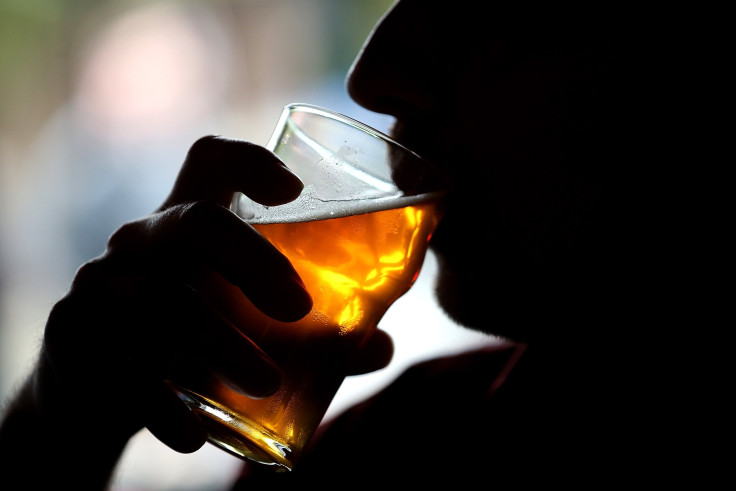Is Drinking Alcohol Safe? Heavy Use Could Lead To Cancer

The American Society of Clinical Oncology (ASCO), the largest known organization of oncologists, released a statement Tuesday on the link between alcohol and cancer. Published in the Journal of Clinical Oncology, the group claims that heavy drinkers put themselves at a higher risk of acquiring cancer.
The group warns that heavy drinkers have an increased risk of developing liver cancer, mouth cancer, throat cancer, colorectal cancers and cancer of the voicebox. ASCO advises individuals who drink to limit their usual amount, rather than eliminating it from their diet altogether.
"Alcohol drinking is an established risk factor for several malignancies, and it is a potentially modifiable risk factor for cancer," ASCO said. "The Cancer Prevention Committee of the American Society of Clinical Oncology (ASCO) believes that a proactive stance by the Society to minimize excessive exposure to alcohol has important implications for cancer prevention.
"The role of alcohol drinking on outcomes in patients with cancer is in its formative stages, and ASCO can play a key role by generating a research agenda."
ASCO is one of an increasing number of organizations focused on spreading public health strategies to prevent the risk of cancer.
"We decided to push this out because...we were looking over our portfolio of various statements on primary prevention of cancer and we realized that we did not have a statement on alcohol," Noelle LoConte, a representative of ASCO, told International Business Times Tuesday. "This association has been known for a long time. ASCO recently did a survey and they found out that a large majority of physicians and patients were not aware of the association — this is also an opportunity to spread awareness.
"The talking points that we are telling patients and providers is to decrease your cancer risk, drink less. If you don't drink, don't start. I believe that the best strategy to reducing overall population alcohol use is policy strategy — making the healthier choice the easy choice. That's why we're endorsing all these various policy strategies."
Only 30 percent of adults were aware of the link between heavy drinking and cancer, according to ASCO's survey results. A majority of the more than 4,000 participants, however, were able to identify cancer risks in sun exposure and cigarette usage. As of 2009, excessive alcohol consumption was attributed to nearly 3.5 percent of all cancer-related deaths.
Drinking is on the rise among a variety of groups in the United States, according to research. Women, minorities and older adults are the primary demographics in which researchers saw a spike in alcohol usage, according to a study published in September by JAMA Psychiatry. The study's authors said their findings indicated "a public health crisis," especially with the increase in problem drinking among its more than 43,000 participants.
"We are seeing some very alarming trends in alcohol overconsumption, especially among women," Dr. Ali Mokdad, the author of a separate alcohol usage study, said in a 2015 news release. "We also can’t ignore the fact that in many US counties a quarter of the people, or more, are binge drinkers."
© Copyright IBTimes 2025. All rights reserved.






















